In the figure shown, a screen is placed normal to the line joining the two point coherent sources . The interference pattern consists of concentric circles.
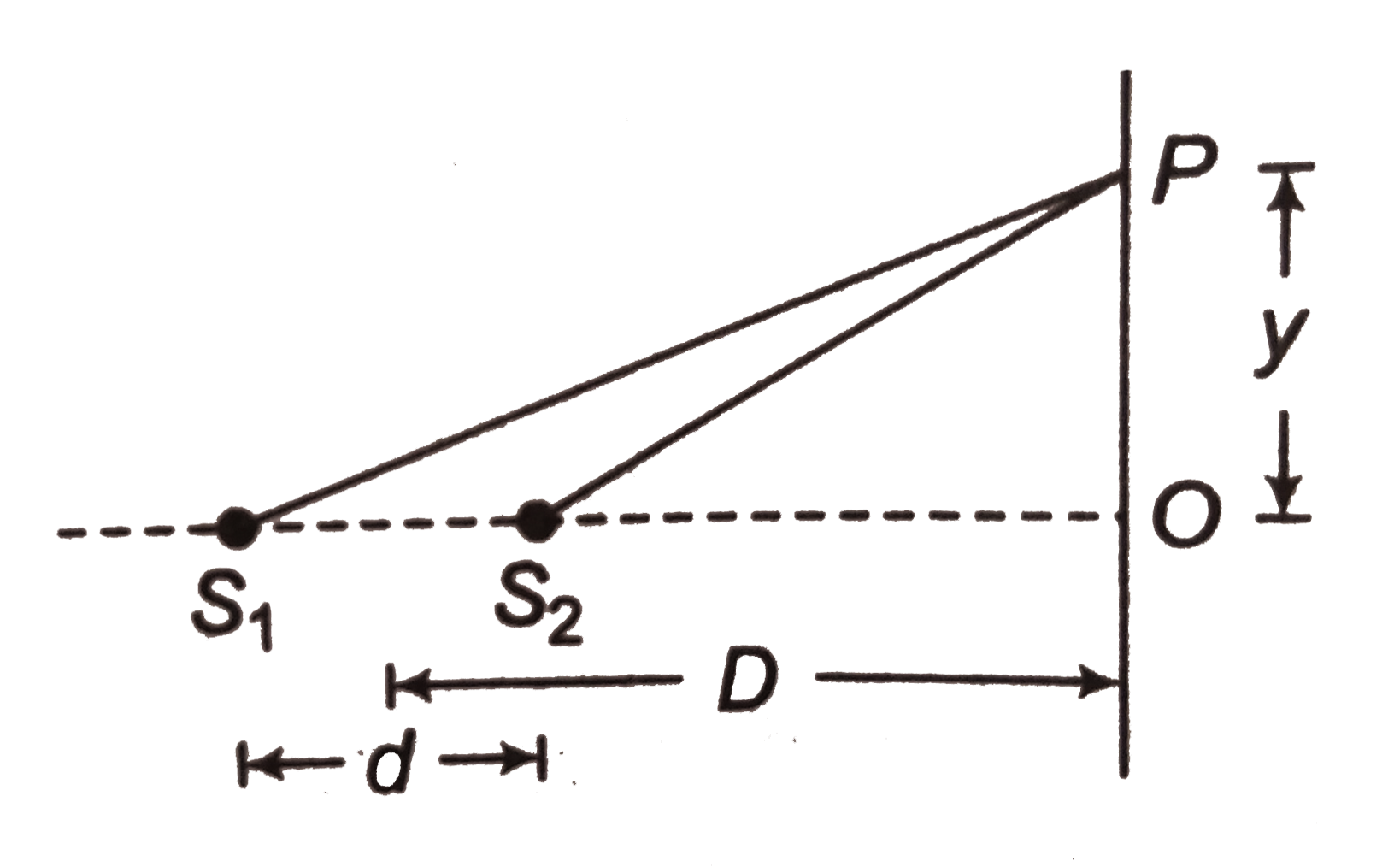
(a)Find the radius of the nth bright ring.
(b) If d=0.5 mm, and D=100 cm, find the radius of the closest second bright ring.
(c) Also, find the value of n for this ring.
The correct Answer is:b
The optical path difference at P is
for small
, where
For nth maxima,
y = radius of the nth brigth ring
At the central maxima,
Hence, for the closest second brigth ring, .
Putting values, .
Topper's Solved these Questions
- WAVE OPTICSBOOK - CENGAGE PHYSICS ENGLISHCHAPTER - WAVE OPTICSEXERCISE - Integer
3 Videos
- WAVE OPTICSBOOK - CENGAGE PHYSICS ENGLISHCHAPTER - WAVE OPTICSEXERCISE - Archives
4 Videos
- WAVE OPTICSBOOK - CENGAGE PHYSICS ENGLISHCHAPTER - WAVE OPTICSEXERCISE - Assertion- Reasoning
13 Videos
- SOURCES OF MAGNETIC FIELDBOOK - CENGAGE PHYSICS ENGLISHCHAPTER - SOURCES OF MAGNETIC FIELDEXERCISE - single correct Ansewer type
12 Videos
Similar Questions
In figure, a screen is placed normaol to the line joining the two point coherent sources S1 and S2. The interference pattern consists of concentric circles.
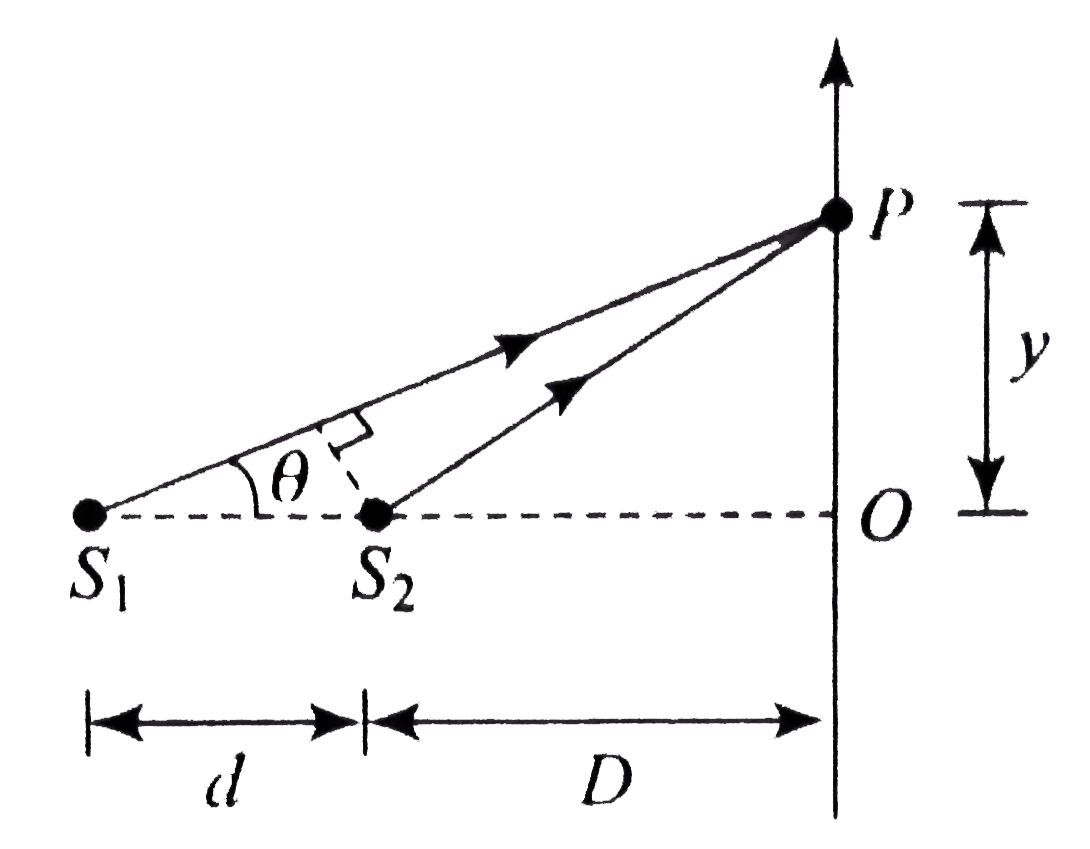
Also, find the value of radius for this ring.
View SolutionIn figure, a screen is placed normaol to the line joining the two point coherent sources S1 and S2. The interference pattern consists of concentric circles.
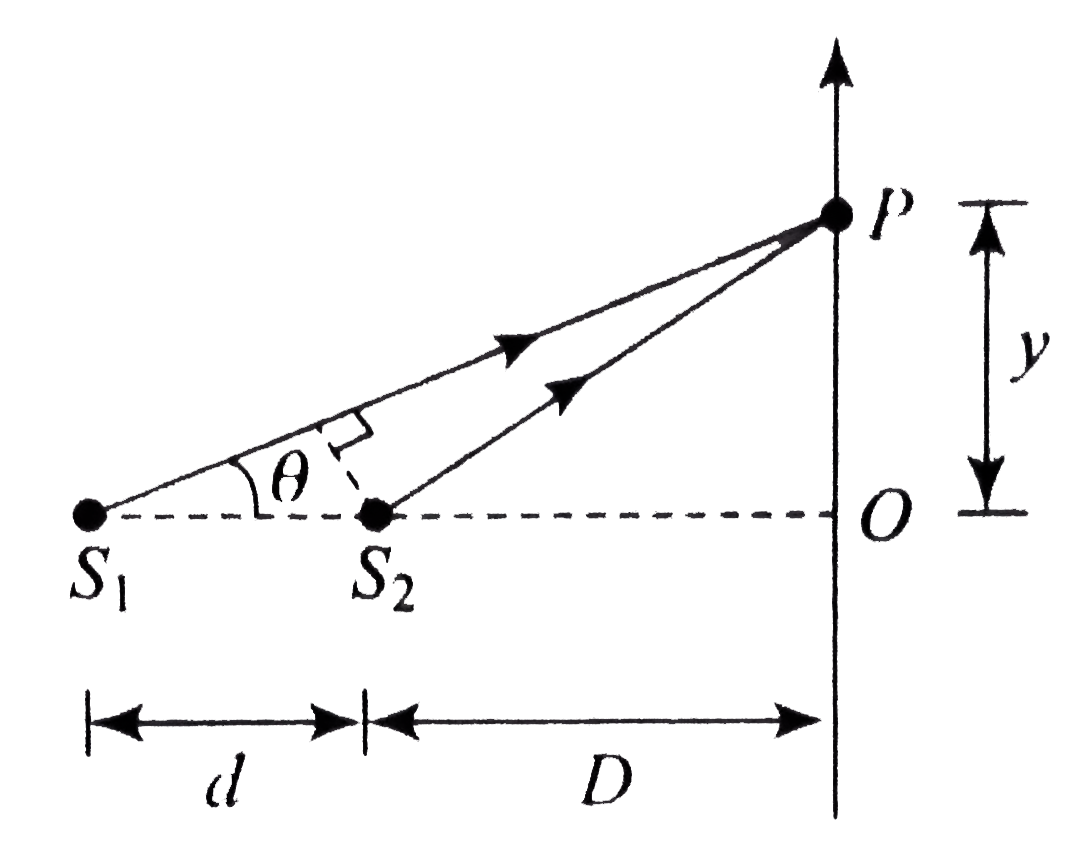
If d=0.5mm,λ=5000Å and D−10cm, find the value of n for the closest second bright ring.
View SolutionIn the arrangement shown ,a screen is placed normal to the joining the two point coherent sources S1andS2 .The interference pattern consists circles. λ is the wavelength of light (D>>d).
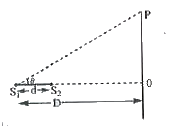
The radius of the nth bright ring is
View SolutionIn the arrangement shown, a screen is placed normal to the line joining the two point coherent sources S1 and S2. The interference pattern consist of concentric circles. λ is the wavelength of light (D>>d).
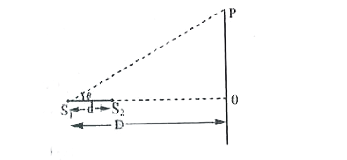
The phase difference of the interfering light at point P is
View SolutionThe line joining the points (−2,1,−8)and(a,b,c) is parallel to the line whose direction ratios are 6,2,and3. Find the values of a,bandc
View SolutionTwo coherent sources are 0.3 mm apart. They are 0.9m away from the screen. The second dark fringe is at a distance of 0.3cm from the centre. Find the distance of fourth bright fringe from the centre. Also, find the wavelength of light used.
View SolutionIn the given figure o is the centre of the two concentric circles. A line T cuts the circles at A, B, C and D as shown in the figure. OP is perpendicular to AD.
Given OA = 34 cm, OP = 16 cm and AB = 18 cm Find :
radius of the smaller circle
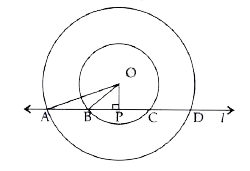
View SolutionIn Figure, lines l1and L2 intersect at O , forming angles as shown in the figure. If a=350, find the values of b, c and d.
View SolutionThe line joining the points (−2,1,−8)and(a,b,c) is parallel to the line whose direction ratios are 6,2,and3. Find the values of a,bandc.
View SolutionThe wavelength of sound waves arriving at P from two coherent sources S1 and S2 is 4 m as shown. While intensity of each wave is I0 the resultant intensity at point P is 2I0 find minimum value of x
_PHY_E06_238_Q01.png)
View Solution
